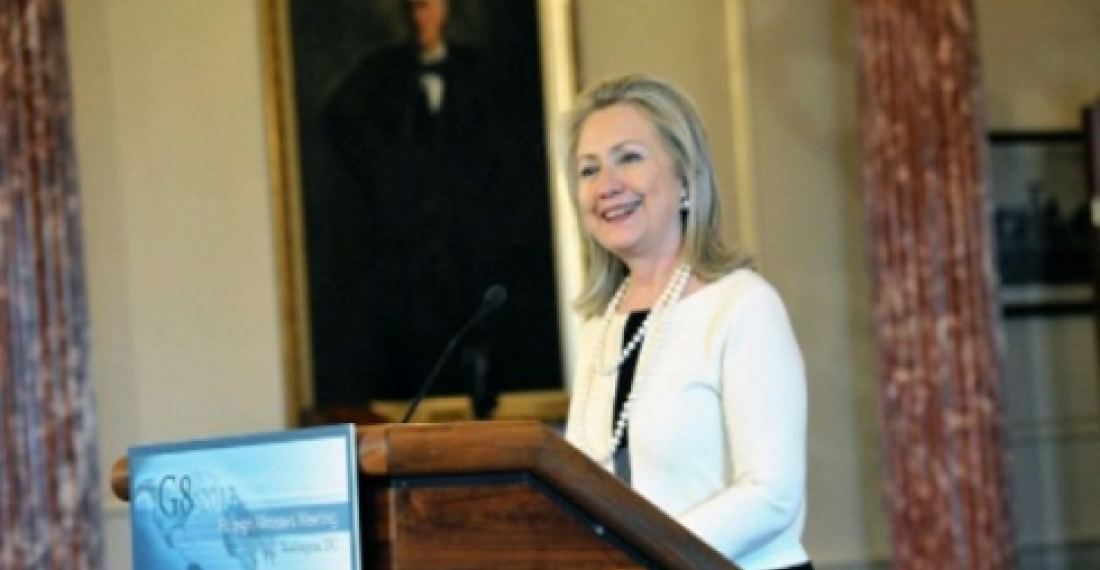US Secretary of State Hilary Clinton will travel to the Caucasus from June 4 to 7, visiting Armenia, Georgia, Azerbaijan and Turkey. The US State Department in a statement said that "In all these countries, she will discuss important issues of regional security, democracy, economic development and counterterrorism."
In Armenia on June 4, the Secretary will meet with President Sargsian and other senior Armenian officials. She will also meet with Armenian civil society leaders. On June 5, the Secretary will open the U.S.-Georgia Strategic Partnership Commission plenary session in Batumi, Georgia. She will meet also with President Saakashvili and hold discussions with a broad range of political actors and civil society representatives. The Secretary will travel on June 6 to Azerbaijan to meet with President Aliyev as well as Azerbaijani civil society leaders.
There are high expectations in the region with regards to Clinton's visit. Richard Giragosian of the Regional Studies Center in Yerevan says that the visit is particularly significant for three reasons: the timing, the broader context and the particular itinerary. He relates the timing to the current election cycle which will see the three countries holding Presidential elections next year, as well as Clinton's own likely move from Secretary of State back to front line domestic politics. As regards context Giragosian mentions Iran and Russia and their specific engagement with the region and on the itinerary he points out that the visit will end in Turkey which continues to play a leading role in the region. Giragosian expects the Karabakh conflict to be on the agenda during Clinton's talks with the leaders of Armenia and Azerbaijan but does not expect any new American initiative.
A number of non governmental organisations in the region and beyond have appealed to Clinton to focus on human rights and democratisation during the visit.
Dennis Sammut, Director of the British organisation LINKS is somewhat more sanguine. In a comment to Commonspace.eu he said that "the visit is an attempt by Clinton to keep an American foot through the Caucasus door in the face of a revival of Russian attempts to portray the region as being within the Russian sphere of influence. Clinton will send a message to the three leaders that the United States seeks a qualitative improvement in its relations with them bilaterally and regionally. It also sends a message to Russia that the US intends to remain a key player and will not accept Russian hegemony in the region. A string of visits by senior European leaders to the region sends a similar message. It will be interesting to see how far each of the three leaders will respond to the American overtures."
source: commonspace.eu
photo: US Secretary of State Hilary Clinton (archive picture courtesy of the US State Department).
Commentary
Hilary Clinton tries to keep an American foot through the Caucasus door.







